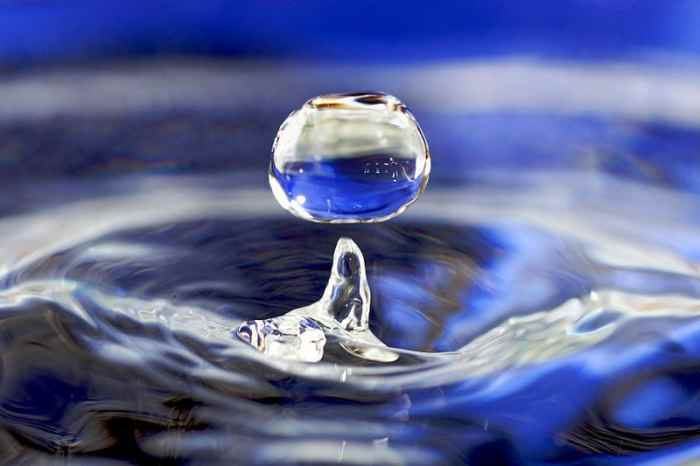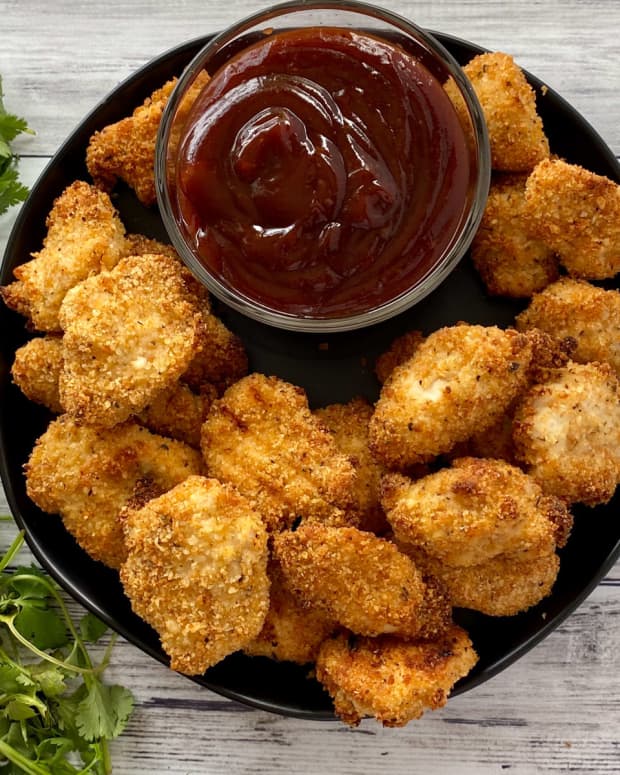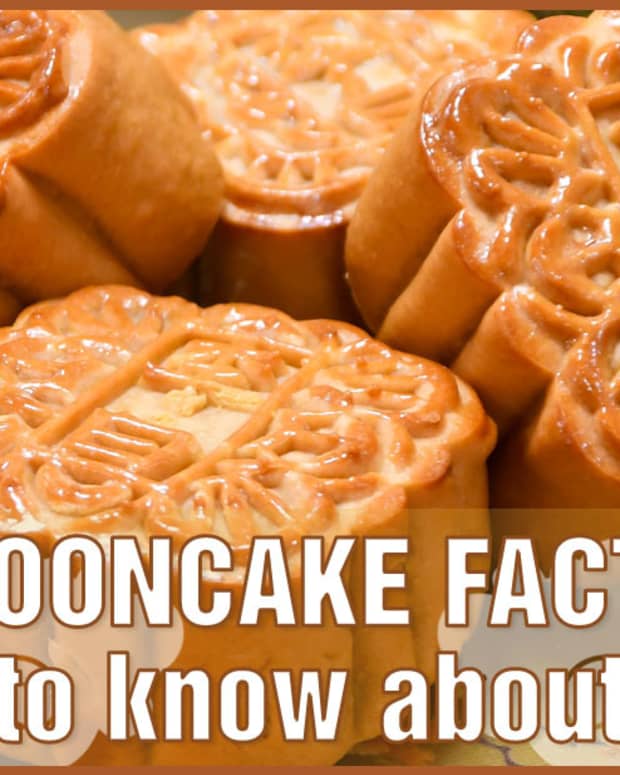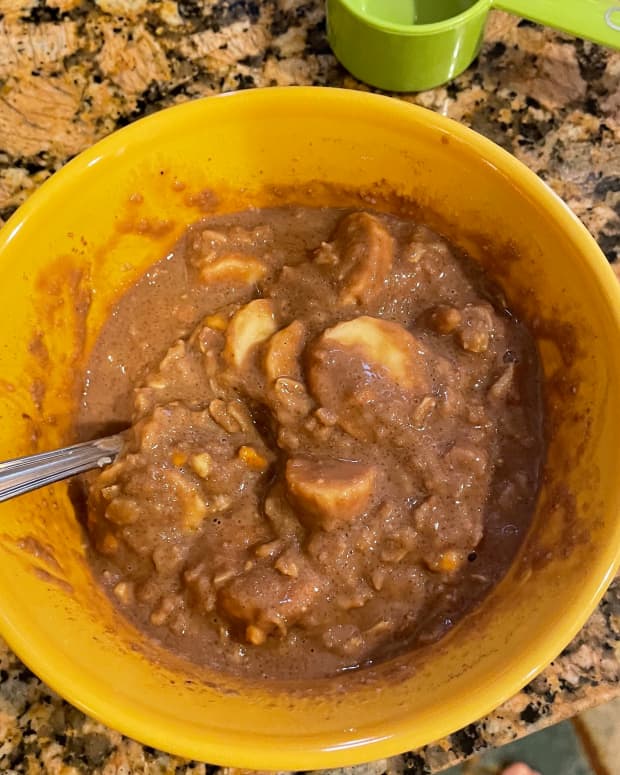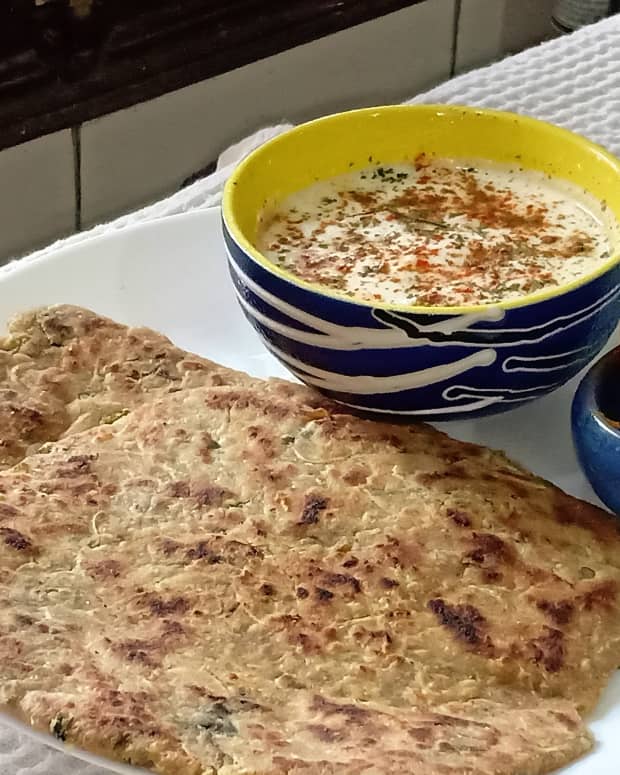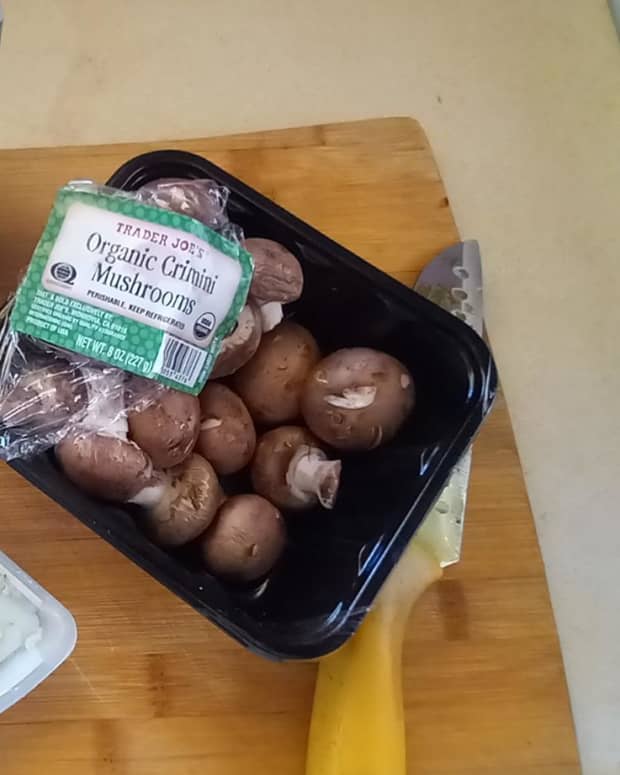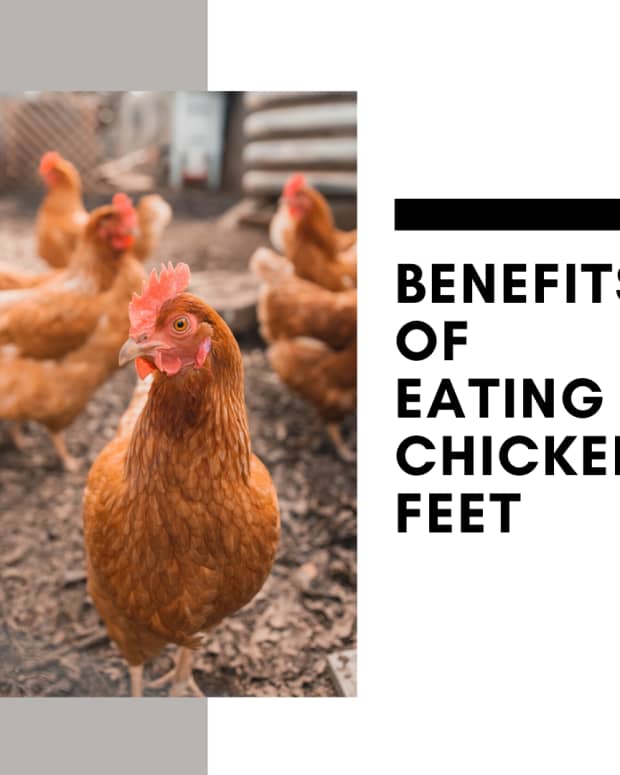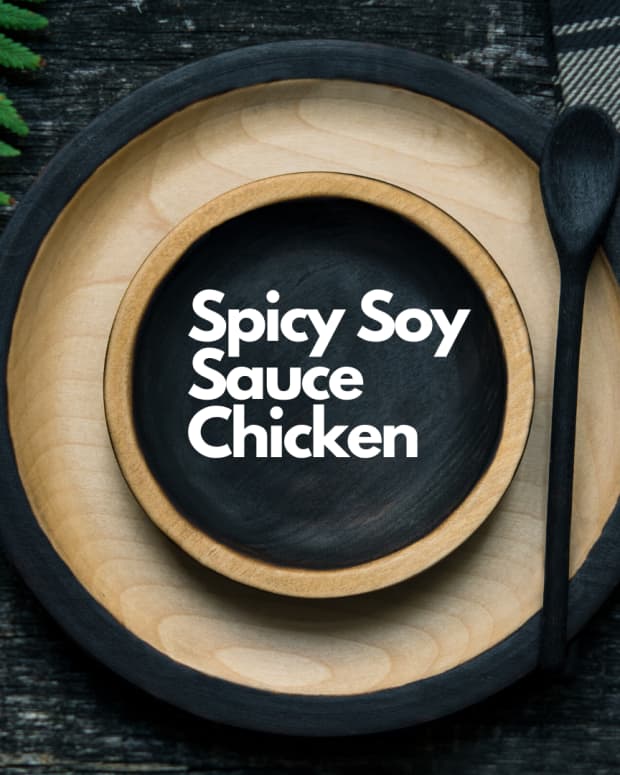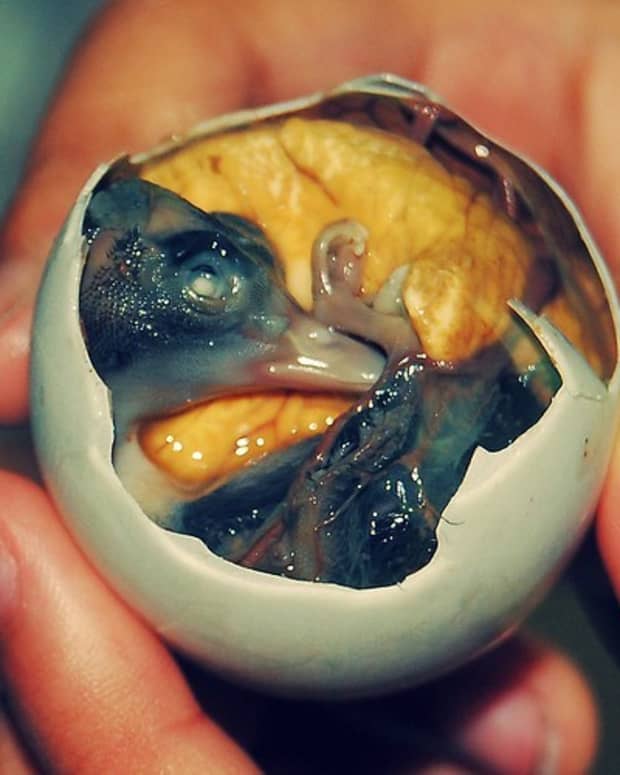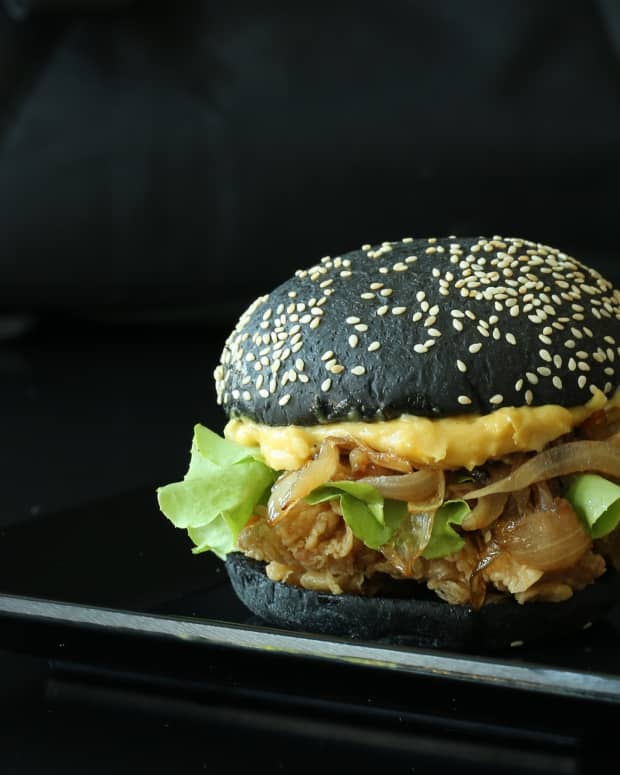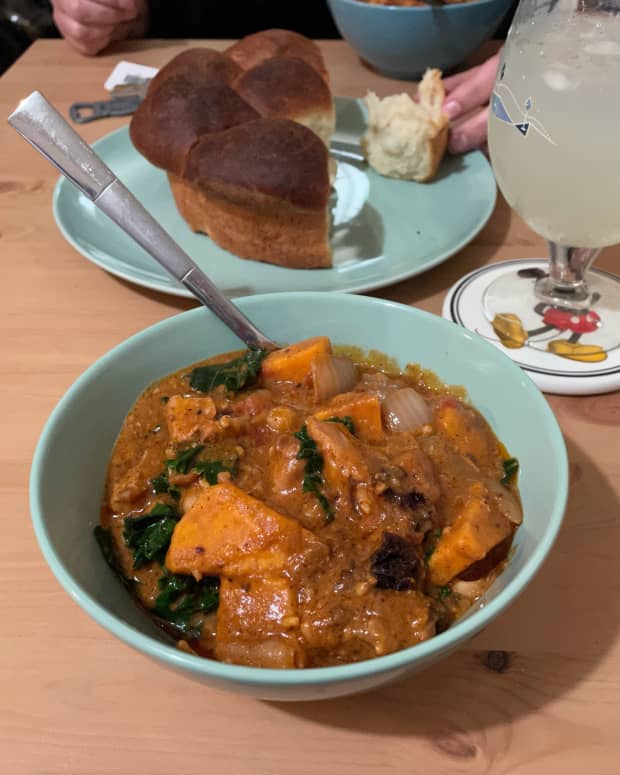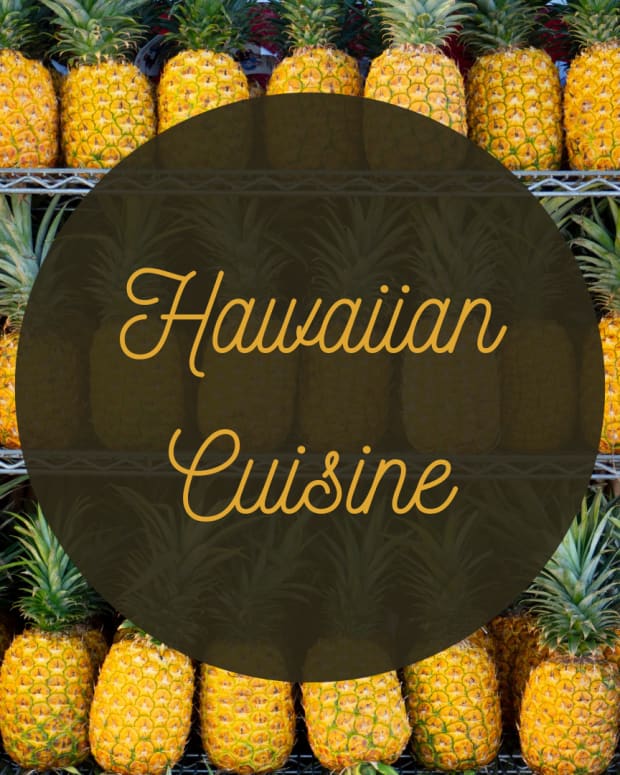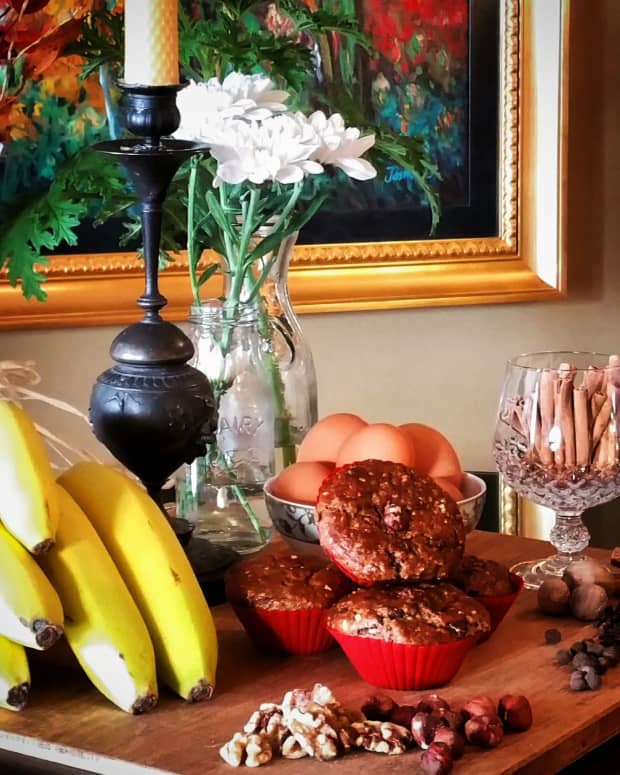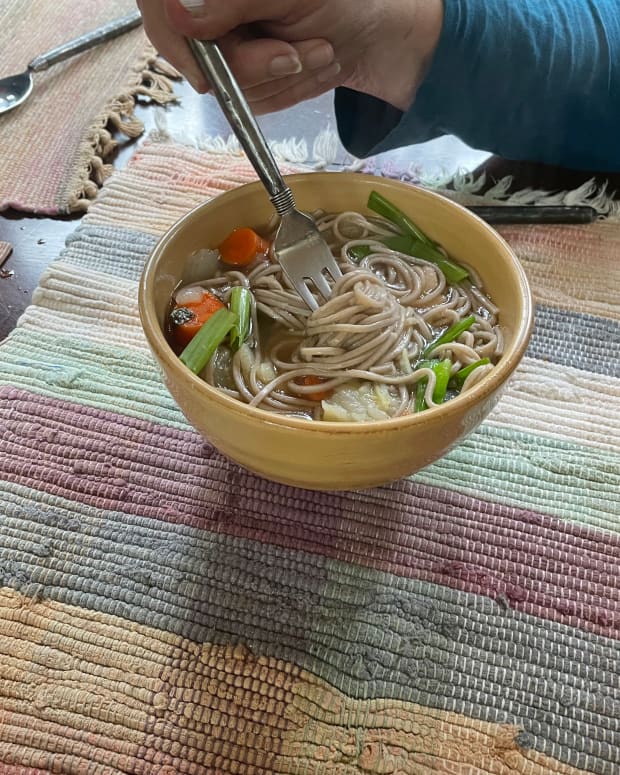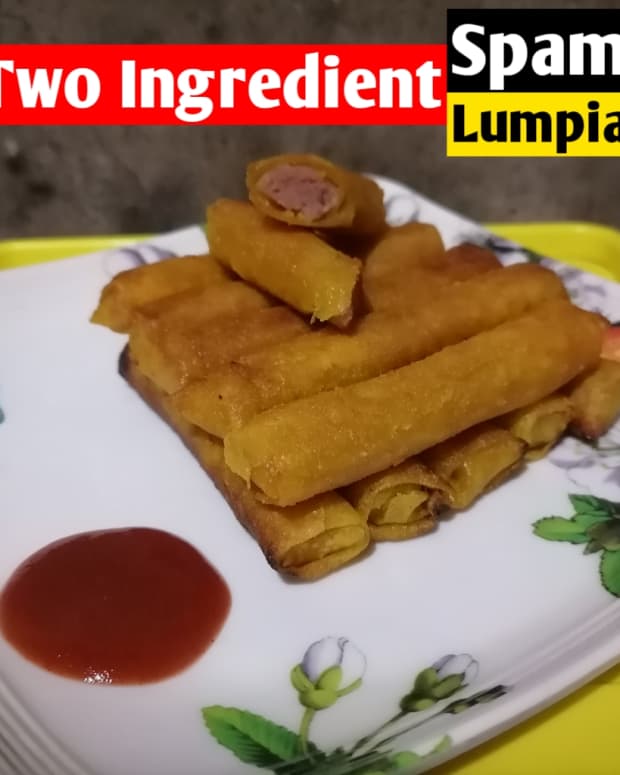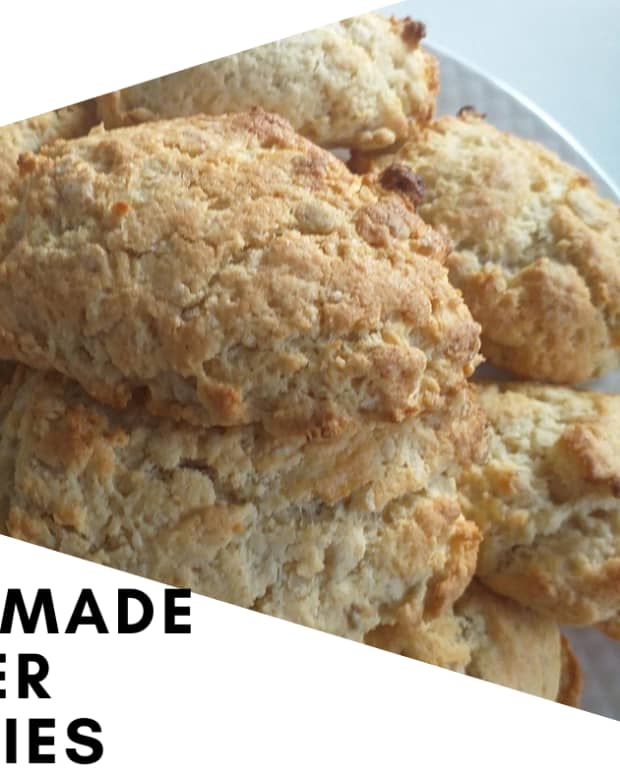What You Should Know About the Bottled Water Industry
I've spent half a century (yikes) writing for radio and print—mostly print. I hope to be still tapping the keys as I take my last breath.
The luxury water industry presents a master class in how to separate the foolish from their money. The bog-standard bottled water companies do a good job of pumping up the price of a commodity that is nearly free from our kitchen taps.
Luxury Water Bottles Are a Waste of Money
If you are tired of having too much money in your bank account, then take up drinking Svalbarði instead of tap water. It is, claim its marketers, “harvested from icebergs freshly calved off glaciers in the remote polar region of Svalbard, Norway.” Just $90 for a 750 ml bottle, shipping is free.
The Beverly Hills 9OH2O has its “lifestyle” collection drawn from mountain springs in Northern California. A bargain at $144 a litre, but wait, there’s more. Here comes the company’s Luxury collection, Diamond edition.
It’s all about the bottle whose cap is made of white gold with 850 diamonds inlaid on it. The water is the same as in the lowly lifestyle collection, but the container jacks the price up to $100,000 a bottle.
That might be a bit out of reach for folks on minimum wages, so they should go for a more downmarket brand such as Australia’s Frequency H2O. It “is a fusion of science and art . . . Alive with the pulsations of the Universe . . . Frequency H2O is a synthesis of wisdom and evolution, as it is put through a trade secret two-stage kinetic energy process and infused with a blend of Solfeggio, sound and light frequencies.”
It checks in at $3.30 a bottle, and you get a whole litre of the stuff.
Sturt Hinton is the man behind the liquid marvel that he calls the “ultimate elixir of life.” It was given first prize as the world’s best water at 28th International Berkeley Springs Water Tasting in 2018.
Water Tasting Competition
The International Berkeley Springs Water Tasting Competition bills itself as world-renowned, so how could you not know such an event is held annually?
Those in the niche water-bottling trade drag themselves to Berkeley Springs, West Virginia, every to hear the experts pronounce on the merits, or otherwise, of water. The big guys such as Dasani and Evian don’t take part; the potential of not coming away with a gold medal would cost these companies millions in sales.
So, it’s mostly small bottlers and municipalities that send their water for judging. The panel of experts has questionable credentials, but let’s have writer Dave Stroup shed some light, “the primary qualifications appear to be having an interest in drinking water, attending an hour-long training session, and if possible, publishing a story about the event.” Stroup obliged on the last item.
These “experts” must then decide which of the samples placed before them is the best of a colourless, tasteless, and odourless liquid, based on hue, flavour, and aroma.
In 2020, it was the turn of Hita no Homare Cosmo Water from Japan to gather up the coveted Gold Medal. This blend of two parts hydrogen and one part oxygen “contains plenty of widely featured trace minerals such as ‘zinc’ and ‘organogermanium’, and is clean with almost no nitrate nitrogen. This is a gift of Mother Earth, rarely found in other places of the world.”
Of course it is.
Should I Drink Bottled or Tap Water?
Most of us in the developed world live in places where tap water is perfectly safe to drink. Although this does not normally apply if you live on a Canadian Native reserve, in Texas after a cold snap, or in Flint, Michigan.
In Canada, tap water costs less than a cent per litre. The lowest-priced bottled water comes in at 66 cents per litre. These figures are roughly similar in Australia, the United Kingdom, and the United States.
But, two-thirds of a dollar is only part of the cost, because bottling, packaging, transporting, and disposing of discarded containers add a considerable environmental burden.
Here’s some math from Moneycrashers.com: “If you buy just one $1 bottle of water each day, your annual spending on bottled water comes to $365. Getting the same amount of water from your tap would cost you less than $0.10.”
Between the two price extremes is home filtering. Faucet-mounted filters cost about $40, equivalent to about a six weeks’ supply of bottled water.
Is Bottled Water Better?
Those who spend a lot of money on bottled water will invariably say they do so because it’s better and cleaner than tap water. Not so, says Adrienne Matei of The Guardian: “The majority of American tap water is safe, as is essentially all U.K. tap water, and more closely regulated for contaminants than bottled.”
In 2017, researchers from American and French universities decided to put the claim of “betterness” to the test. One hundred subjects were given a variety of waters to rate against a 14-point scale.
No doubt you can see the results of this blind test coming a mile away: “Some subjects preferred the inexpensive tap water to any of the bottled waters, and there was no association or a weak negative association between a bottled water’s price and its rating. Finally, our subjects tried to distinguish tap from bottled water while matching the bottled waters to expert descriptions. They were no better than random chance at doing either of those things.”
The Booming Bottled-Water Market
People are shunning tap water in droves. For several years, sales of bottled water have been growing by nine-to-10 percent annually. The industry sold 437 billion litres of bottled water in 2017 worth $238 billion. Marketresearch.com says the value of sales will rise to $350 billion in 2021.
Premium bottled water is rising faster than the ordinary stuff. This is the water that claims to have a unique provenance or to be high in minerals that confer health benefits.
There’s Kona Deepwater from Hawaii that “comes from 3,000 feet below the surface, where, cold, pressure, and natural minerals combine to create naturally pure and remarkably refreshing water.” It is actually seawater that has to be desalinated and costs about $2.25 a litre.
Fiji Water comes in at about the same price point. It is allegedly “Slowly filtered by volcanic rock [so that] it gathers minerals and electrolytes that create Fiji’s soft, smooth taste.” The company behind the product modestly claims it to be “Earth’s finest water®, bottled at the source, untouched by man.”
Bonus Factoids
- One of the nations with poor access to clean, reliable water is Fiji, where more than half the country’s population lacks water that is safe to drink. Nobody knows for sure how much Fiji Water ships out of the country each year but it’s probably around 200 million litres.
- The water tasting competition is held in West Virginia. Ironically, the state’s legislature passed a bill in March 2019 that loosened regulations on the chemicals industrial companies can release into rivers and streams.
- Aquafina, produced by PepsiCo, is the top-selling brand of water in the United States. On its label are the initials PWS, which stand for Public Water Source; i.e., tap water. The company says it puts the tap water through a sophisticated filtration process.
Sources
- “The Gulp War.” Dave Stroup, eater.com, July 24, 2018.
- “Bottled Water and Energy Fact Sheet.” Peter Gleick, Pacific Institute, February 2007.
- “The Global Bottled Water Market: Expert Insights & Statistics.” The Business Research Company, February 28, 2018.
- “Bottled Water vs Tap Water: An In-Depth Comparison.” Filterbutlet.com, undated.
- “$90 for a Bottle of Melted Iceberg? Inside the World of Luxury Water.” Adrienne Matei, The Guardian, July 16, 2019.
- “Fine Water: A Blind Taste Test.” Kevin W. Capehart and Elena C. Berg, Journal of Wine Economics, February 2018.
© 2019 Rupert Taylor
Comments
Rupert Taylor (author) from Waterloo, Ontario, Canada on July 23, 2019:
Dora, I expressed the same thought this morning with friends over coffee. It's obviously way more lucrative than writing.
Dora Weithers from The Caribbean on July 23, 2019:
Can I get into the bottled water business? Had no idea of these outrageous prices. Thanks for the information.
Alexander James Guckenberger from Maryland, United States of America on July 22, 2019:
For years and years, I've said that the next big thing might be canned dirt.
Liz Westwood from UK on July 22, 2019:
Since security changes at airports regarding liquids in hand luggage, retail outlets have made money from exorbitant markups on bottled water for those on short economy flights in Europe. Not wanting to pay out on flights for expensive drinks, many opt to pick up bottles of water after passing through security and before boarding, to take on the flight.

